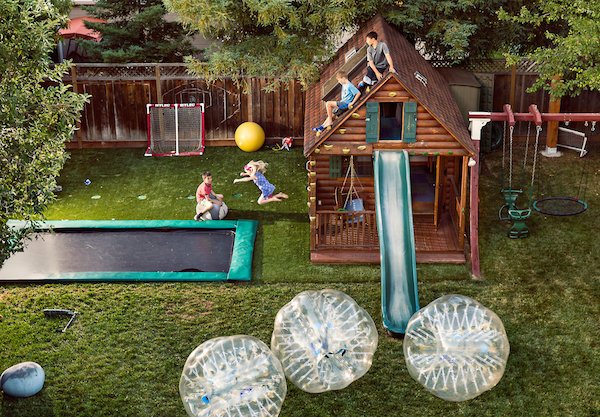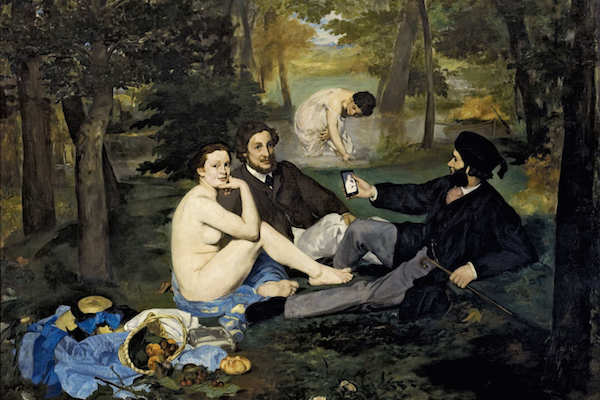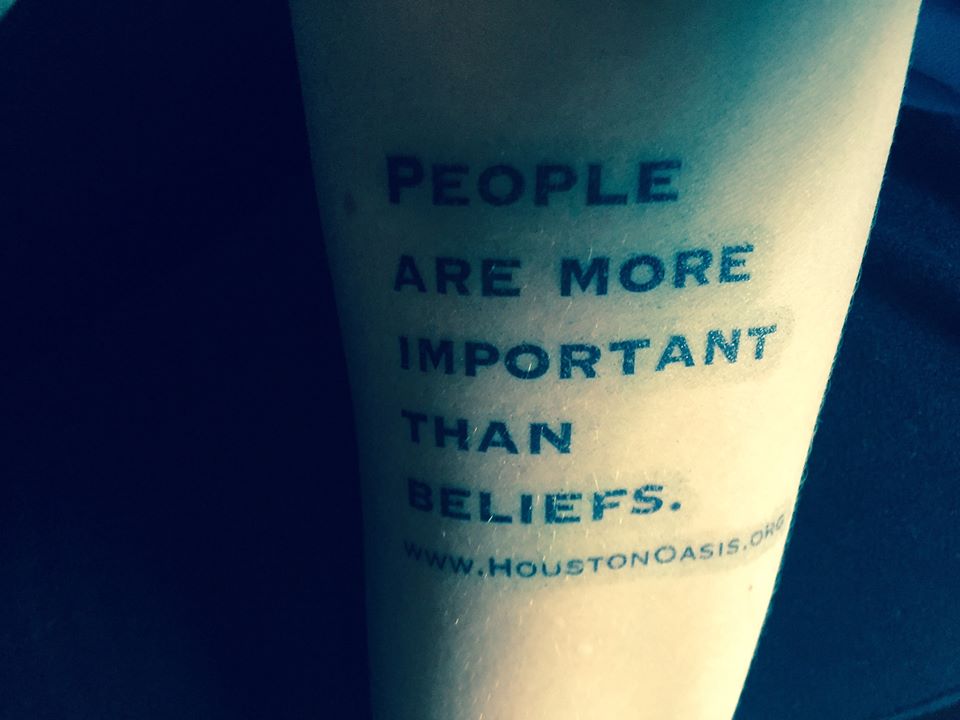How much freedom and risk should kids have growing up?

Only a couple of the kids died; the rest had a GREAT time.
I grew up in a small town, in a neighborhood with lots of kids. We played army games, or hide and seek, or rode bikes around the block, mostly with very little supervision. Sometimes we got hurt. It seemed pretty normal to us.
Some parents today are wondering where that kind of play went, and in response to the trend of helicopter parenting and intense supervision, are trying to actively create a culture of more freedom and independence for their kids. Via NYT:
“Think about your own 10 best memories of childhood, and chances are most of them involve free play outdoors,” Mike is fond of saying. “How many of them took place with a grown-up around? I remember that when the grown-ups came over, we stopped playing and waited for them to go away. But moms nowadays never go away.”
Then he built what many kids would call the coolest yard ever (pictured above) to encourage more physical play and even risk-taking.
Is this a necessary corrective, or an unnecessary risk?
How much danger and freedom is the right amount for healthy kids?


